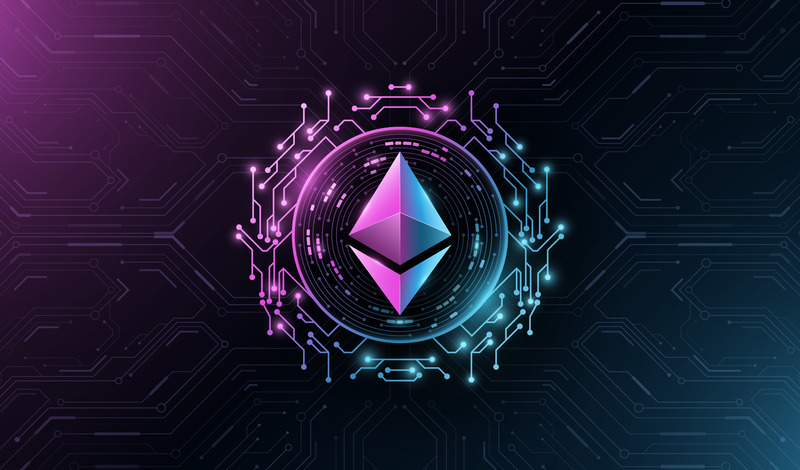In a recent appearance on the GreenPillNet podcast, Ethereum co-founder Vitalik Buterin outlined his vision for public goods funding in the Ethereum ecosystem for 2025. He emphasized that the time has come for the ecosystem to prioritize increasing execution power. According to Buterin, this shift is critical because it aligns with Ethereum’s potential to drive transformative changes globally.
A Call for Action: Investing in Valuable Projects
Buterin pointed out that funding for impactful projects is no longer just an aspiration—it is a necessity. “There is clearly a growing understanding that there are things that ecosystems need to fund, and the Ethereum world needs to have a good answer for this,” he stated.
This sentiment resonates with trends seen beyond crypto, such as the monetization strategies of social media platforms. While not always transparent, these strategies highlight how various sectors are recognizing the importance of supporting creators and builders. Ethereum, Buterin argued, is uniquely positioned to take a lead in this area. He believes the ecosystem must focus on scalable solutions that empower developers, communities, and the broader blockchain industry.
Execution Power for Public Goods
Buterin’s focus on execution power wasn’t about Ethereum’s technical capabilities but rather the capacity to deliver impactful public goods at scale. He stressed that public goods, ranging from open-source software to community-driven projects, often suffer from insufficient funding and limited operational capacity.
“Finding ways to fund valuable things across the ecosystem, going beyond each person having to worry about funding their business models” Buterin explained. He described this as a shift from theoretical support for public goods to tangible, measurable impact. Buterin also drew parallels with non-crypto ecosystems to explain the urgency of public goods funding.
He referenced the monetization efforts in social media platforms, where content creators are now being paid for their work. While these systems lack transparency, they demonstrate how funding value-driven projects creates new opportunities. Ethereum, he believes, has the tools to create a more transparent and equitable funding mechanism. Examples include quadratic funding and decentralized autonomous organizations (DAOs), which could be scaled further in 2025.

